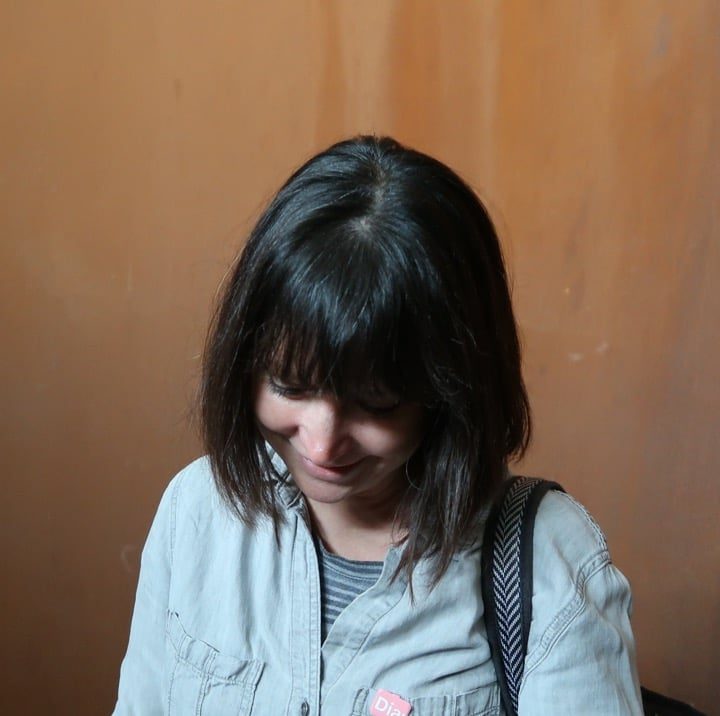
Eye of the Storm: Interlude in the Penultimate Space
Years before meeting my father, my mother had another husband. But because that husband, the first one, amounted to no more than a blip on the radar of my mother’s life (18 months to be precise), and because my mother and father will be celebrating their 44th wedding anniversary this spring, the existence of this mysterious first husband is now of little concern.
There was a time, however, when I was consumed by this information. I was five, and I had suddenly discovered a photo album full of wedding pictures from that short-lived marriage in the back of the coat closet in my childhood home. While photographs of my own parents’ marriage decorated the walls of our living room, the ones from that first marriage had been relegated to the darker recesses of the house. And though I can no longer remember the particulars about how I came to discover in the first place that my mother had been married before (did she tell me before I discovered the photographs, or had I guessed only after looking at the pictures?), I do remember that my mother kindly allowed me to look at the album whenever I liked because she wanted to be open with me and to honor my curiosity.
Which turned out to be abundant. For a few months, I became mildly obsessed with this man, this figure who, had my mother’s life not taken a different path, could have been my father. It both bothered me and fascinated me that a person’s life could be profoundly affected by such a fleeting trifle: a photo album tucked in a dark closet, a ghost-like figure haunting its pages from a time years before I was born.
[…continue reading “Part I: Berriault’s ‘The Stone Boy'” and find “Part II: Trevor’s ‘Le Visiteur'” at Fiction Writers Review.]











